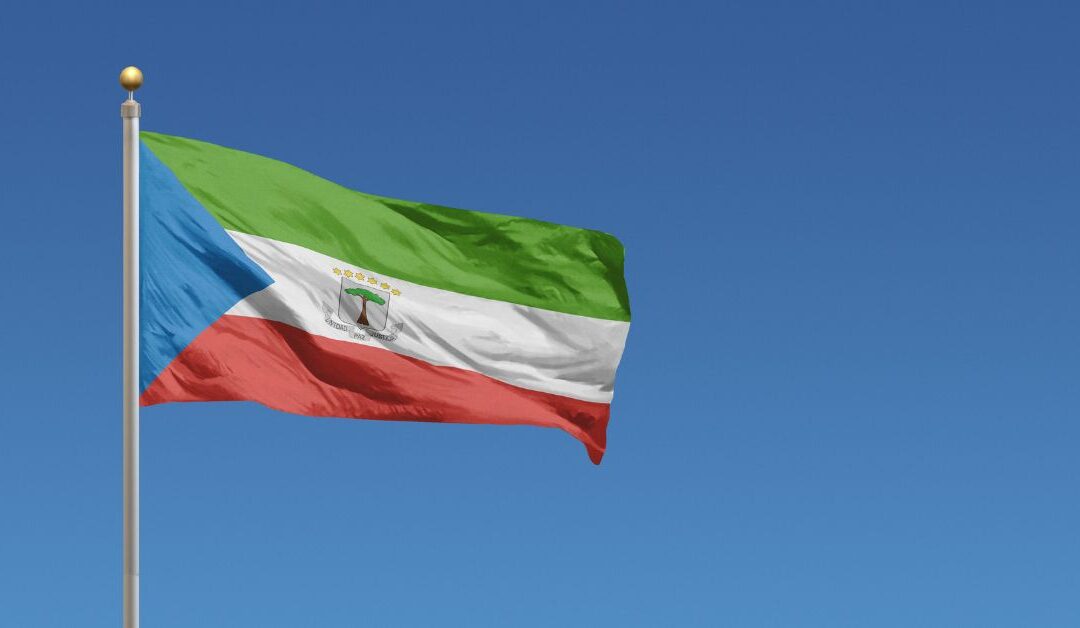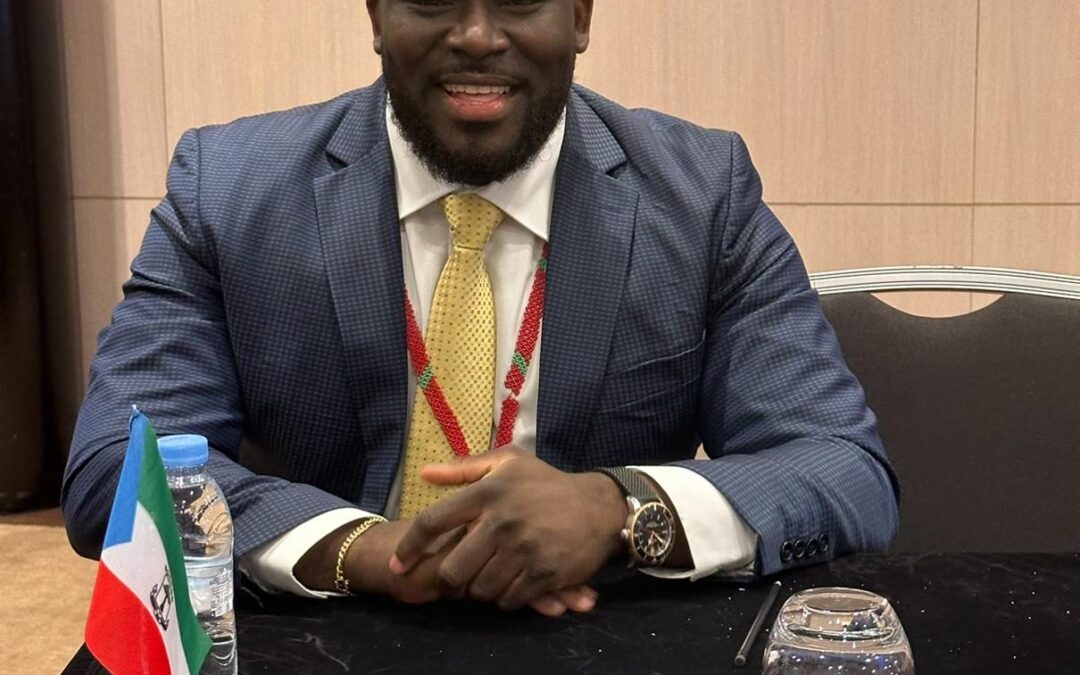
INSIGHT : BUSINESS NEWS
IS AFRICA’S POOR CONCERN FOR IP LAWS A THREAT TO ITS INDUSTRIALISATION AMBITIONS?
The mass import of counterfeit goods could be costing manufacturers and industries billions of dollars annually. African manufacturers are discernibly out-competed due to the cheaper prices of counterfeit goods, and some are eventually driven out of business.
A 2016 report estimated that global trade in counterfeit goods accounted for 2.5% of global exports, or around $461 billion. Millions of these goods are imported into Africa from around the world every day. This is largely due to weak, or poorly enforced, import rules in many ports. These counterfeit goods include clothing, computer software, medicines, cosmetic and food products, construction material and working tools. High import duties and taxes only exacerbate the demand for these goods, and reluctance to understand and foment IP laws coupled with lack of proper enforcement mechanisms dissuade change.
The Impact on Industrialisation
The unauthorized use of IP rights impacts investment, technology transfer, innovation, jobs, income and the development of African economies in general.
Arguably, strong enforcement of IP rights would do little to aid the development of African nations, instead it is detrimental to autonomous entrepreneurs operating in the informal sector and hinders attempts to raise per capita income.
There are numerous striving and ambitious industries in Africa that are struggling to compete with their counterparts in more developed economies, and with counterfeiting and piracy on the rise, the struggle is set to worsen.
To get deeper understanding of how IP rights are constantly infringed, one need only visit one of the major retail cities across Africa and observe the mass piracy of manufactured goods in the high streets and popular retail spots. “The Computer Village” in Lagos, Nigeria – a notorious example – is a hub for pirated phones, software (including all Microsoft windows operating systems), CDs and DVDs, web design applications and computer games. Notably, pirated CDs mostly come from countries like China, UAE and Malaysia. There are hubs like this scattered all over the continent.
Further, the Nigerian vibrant film industry known as “Nollywood”, which is now the second largest in the world, has been seriously affected by piracy and counterfeiting costing it millions of dollars annually. Millions of “Nollywood” films are illegally copied in China and other countries around the world, and then exported to African countries, including Nigeria itself. This is a serious disincentive to those considering investing in Nollywood, an industry worth billions of dollars.
Other industries such as pharmaceutical and retail face the same problems. The WHO estimates that fake pharmaceuticals account for 30% to 60% of the African pharmaceuticals market, highlighting the huge risks to public health.
The entrepreneurs behind the counterfeit goods know that there is an insatiable demand or taste for foreign manufactured goods, predominantly among the growing middle class, and that widespread poverty makes cheaper and low-quality versions of everything the first and, sometimes, only choice.
The fact that African businesses are unable to compete with foreign companies, concretely in terms of pricing and choice, means that the flooding of counterfeit goods will continue to rise and eventually become irreversible as buying counterfeit goods becomes an intrinsic part of many Africans’ daily lives.
African countries have become the dumping grounds for global counterfeit goods and the east African region alone reportedly loses an estimated $500 million in tax revenue every year due to counterfeiting
IP laws on the continent
Some African countries have shown little interest in keeping up with the fast-evolving global IP law. Yet, most are members of organisations such as the Intellectual Property Organization (“OAPI”) and the African Original Intellectual Property Organisation (“ARIPO”) and signatories to major international IP agreements like the agreement on Trade Related Aspects of Intellectual Property Rights (TRIPS), the World Intellectual Property Organisation (WIPO), the Paris Union and the Berne Convention as well as the Madrid Protocol.
A number of African states, especially those where national legislation needs to be passed before an international treaty becomes applicable, have delayed the enactment and consequent enforcement of IP laws emanating from international treaties. For this reason, it is unclear whether international registrations are valid and enforceable in these states.
In addition, some signatories of the Madrid Protocol are unable to manage the system properly and comply with the time limits it provides. This results in the validity of International Registrations by default, opening the door for these registrations to be challenged. States have also failed to commit more time educating industry-players and the general public on the damage counterfeiting and piracy cause to their businesses and to the economies of African countries at large.
All in all, the various aspects mentioned above have made Africa the fastest-growing market for counterfeit goods in the world. Africa needs uniform comprehensive IP laws and wider collaboration among jurisdictions to fight this menace which is, in my opinion, a serious threat to Africa’s dream of ever becoming an industrial powerhouse. Otherwise, this will continue to be one of the reasons Africa loses much needed domestic and foreign investment.
African countries have become the dumping grounds for global counterfeit goods and the east African region alone reportedly loses an estimated $500 million in tax revenue every year due to counterfeiting. African governments are becoming increasingly aware of the problems posed by counterfeiting and many have taken decisive action to reverse the status quo.
ABOUT THE AUTHOR
Kareem Sule Fusein is a law lecturer at Zenith University College Accra, Ghana with a strong passion for legal, business, financial and humanitarian sectors. He is a graduate of International Bar Association LLM in Professional Legal Practice (Corporate & Commercial Law) from the University of Law, UK, and of LLB from University of London. For enquiries, please contact us at info@clarenceabogados.com.
ABOUT CLARENCE
Clarence offers its clients the freedom to operate in Africa. Thanks to our diverse resources, we understand Africa better than most firms. We assist clients to identify, assess and effectively minimise operational legal and regulatory risks. We develop creative and efficient solutions to operational challenges, so our clients can focus on growth and revenue. Our approach is to bridge the gap between external and in-house counsels. Our areas of practice include Energy and Natural Resources, Real Estate, Construction, Joint Ventures, Corporate and Commercial, Risk Management & Compliance, Litigation and Dispute Resolution, Government Relations, Customs and Taxation, Employment and Immigration, Aviation and Telecommunications. For enquiries, please contact us at info@clarenceabogados.com
Disclaimer
The information materials and opinions contained on this article are for general information purposes only, are not intended to constitute legal or other professional advice and should not be relied on or treated as a substitute for specific advice relevant to particular circumstances. Neither Clarence Abogados & Asociados nor any other Clarence International Holding Limited entity accepts any responsibility for any loss which may arise from reliance on information or materials published on this article. Prior results do not guarantee a similar outcome.



